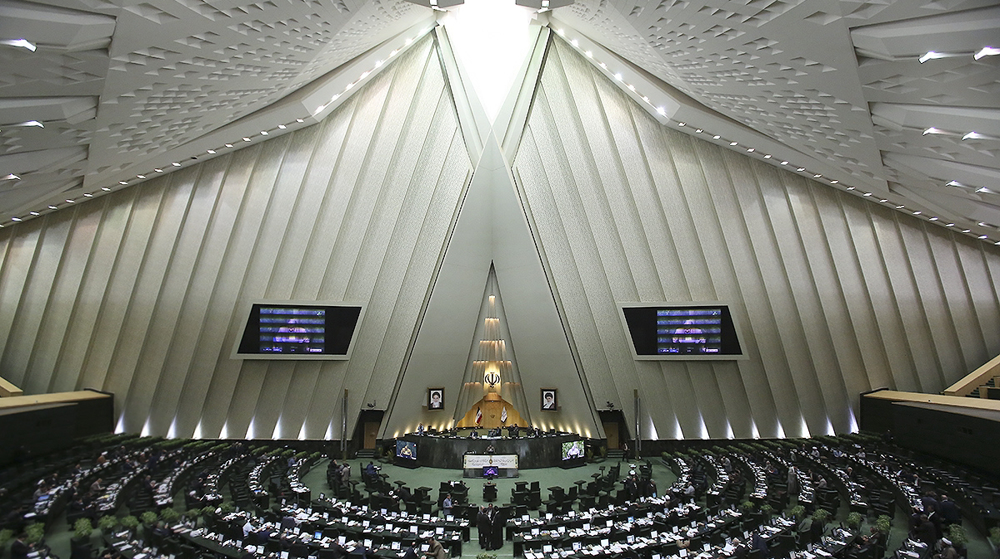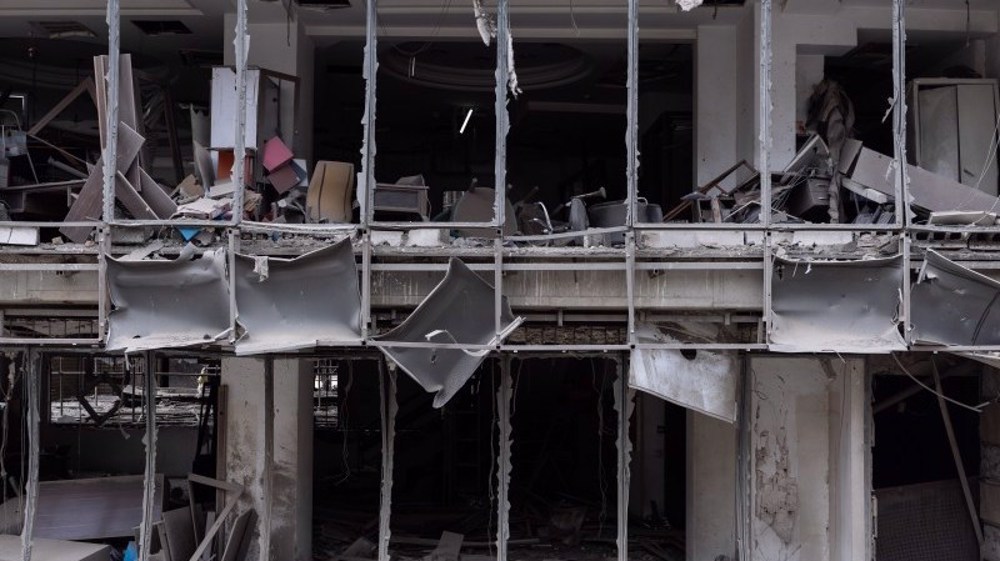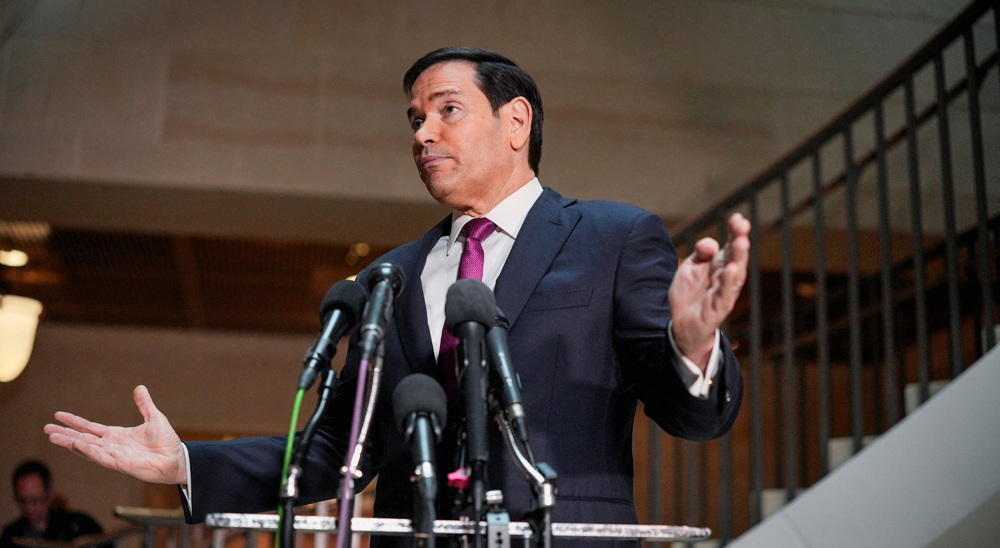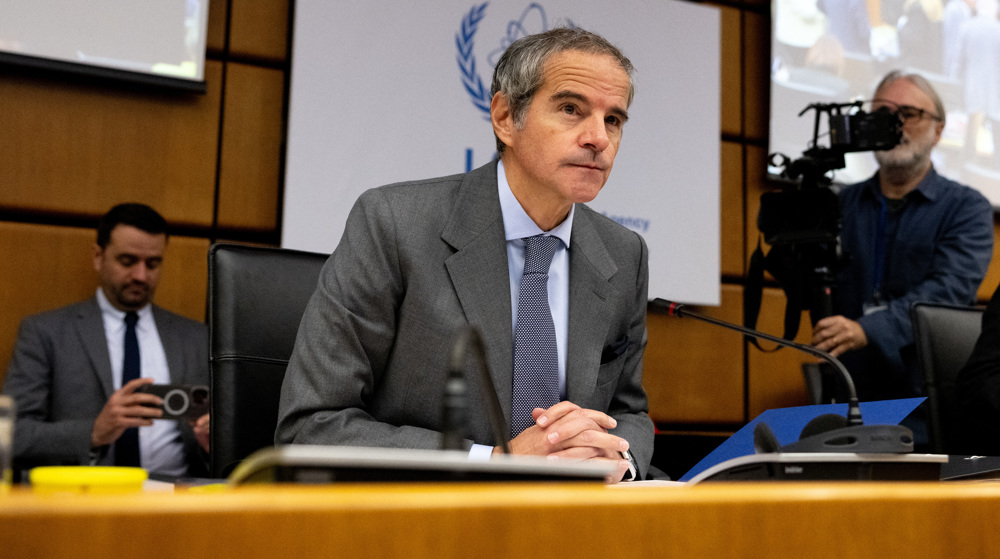Voluntary implementation of Additional Protocol must stop if sanctions remain in place: Iran MPs
Iranian lawmakers have once again highlighted the necessity of stopping voluntary implementation of the Additional Protocol to the nuclear Non-Proliferation Treaty (NPT) if sanctions imposed on the Islamic Republic remain in place.
The call came in a statement issued by 226 members of the Iranian Parliament following an open session of the legislature on Sunday.
“All Iranian officials, including the administration officials, are duty-bound to stop voluntary implementation of the Additional Protocol as of Esfand 5, 1399 (February 23, 2021) and restrict the (International Atomic Energy) Agency’s inspections [of Iran's nuclear facilities] to those stipulated in the Safeguards Agreement if sanctions are not lifted,” they said.
The statement added that following the conclusion of the multilateral nuclear agreement, officially known as the Joint Comprehensive Plan of Action (JCPOA), between Iran and major world powers in 2015, Western parties, including the United States and three European countries – Britain, Germany and France – were expected to treat the Iranian nation with honesty and fulfill their obligations under the accord.
“Although the International Atomic Energy Agency (IAEA) has verified 15 times at various intervals that Iran has fully implemented its JCPOA commitments, enemies of the Iranian people have not fulfilled any of their fundamental and important obligations.”
Based on the JCPOA, sanctions on Iran’s banking and oil sectors were scheduled to be lifted in January 2016 but “unfortunately” more restrictions were imposed on the country, the lawmakers said.
They added that the process of harming the Iranian people’s interests and imposing more sanctions on Tehran under different pretexts started under the former democratic US president, Barack Obama, and culminated in the decision by former Republican president, Donald Trump, to withdraw from the JCPOA in May 2018.
In 2015, Iran and six world states — namely the US, Germany, France, Britain, Russia and China — signed the historic nuclear deal, which was ratified in the form of UN Security Council Resolution 2231.
However, Trump unilaterally pulled out of the JCPOA in 2018 and reinstated the anti-Iran sanctions that had been lifted by the virtue of the deal.
The Trump administration also launched what it called a maximum pressure campaign against Iran, targeting the Iranian nation with the “toughest ever” restrictive measures.
Elsewhere in their statement, the Iranian legislators further noted that in order to defend the Iranian nation's nuclear rights and make enemies of the nation lift unjust sanctions, Iran finally decided to start the process of enriching uranium to 20 percent purity and also to give a two-month deadline to the US and the three European parties to the JCPOA to lift cruel sanctions.
Another part of that decision, the parliamentary statement said, was to stop voluntary implementation of the Additional Protocol based on articles 26 and 36 of the JCPOA and in line with UN Security Council Resolution 2231, if the opposite side failed to fulfill its obligations.
On December 1, 2020, Iranian lawmakers overwhelmingly voted in favor of the 'Strategic Action Plan to Lift Sanctions and Safeguard Interests of Iranian People', which intends to counteract sanctions imposed on Iran. The bill became law after being endorsed by Iran’s Guardian Council.
According to the new law, the Iranian administration is required to suspend more commitments under the nuclear deal if the US sanctions are not eased by February 21.
The law tasked the AEOI with producing and restoring at least 120 kilograms of enriched uranium at a 20-percent purity level every year and also enrichment beyond 20 percent if the country’s peaceful nuclear activities demanded.
In January, Iran started the process to enrich uranium to 20 percent purity at its Fordow nuclear facility.
The lawmakers’ statement came on the same day that the IAEA Director General Rafael Grossi held talks with Iranian officials, including Head of the Atomic Energy Organization of Iran Ali Akbar Salehi and Foreign Minister Mohammad Javad Zarif in Tehran, hours before the deadline set by the Islamic Republic to limit inspections by the agency if US sanctions are not lifted.
Grossi announced on Tuesday that he was ready to visit Iran after the country informed the UN body of its decision to end voluntary implementation of the Additional Protocol to the nuclear Non-Proliferation Treaty as of February 23 in line with the new law passed by the Parliament.
Grossi said in a statement that the aim of the visit was to find a solution for the agency to continue to carry out its verification work under the JCPOA.
In an exclusive interview with Press TV on Sunday, the Iranian foreign minister said the Islamic Republic will be open to negotiations on reviving the historic 2015 nuclear accord once all signatories begin fulfilling their obligations.
He said US President Joe Biden has spurned predecessor Trump’s Iran policy in words, but has so far pursued the same course of action in practice.
"Nothing has changed. Biden claims that Trump's policy of maximum pressure was maximum failure... But for all practical purposes, they are pursuing the same policy," Zarif added.
170 students, teachers martyred in ‘deliberate’ strikes on Iranian schools: Minister
Iran’s air defense systems down six advanced Hermes drones
US defenses overwhelmed by Iran’s drone and missile barrages: WSJ
IRGC says second US THAAD anti-missile unit destroyed
CNN journalists abducted by Israel while reporting on damage from Iranian strikes
Iran denies attacks on Oman as it warns of US-Israeli ‘false-flag’ ops
Iran knows where Netanyahu convenes his meetings: Ex-IRGC chief
‘Law of jungle’: China says Israeli-US aggression against Iran must stop













 This makes it easy to access the Press TV website
This makes it easy to access the Press TV website